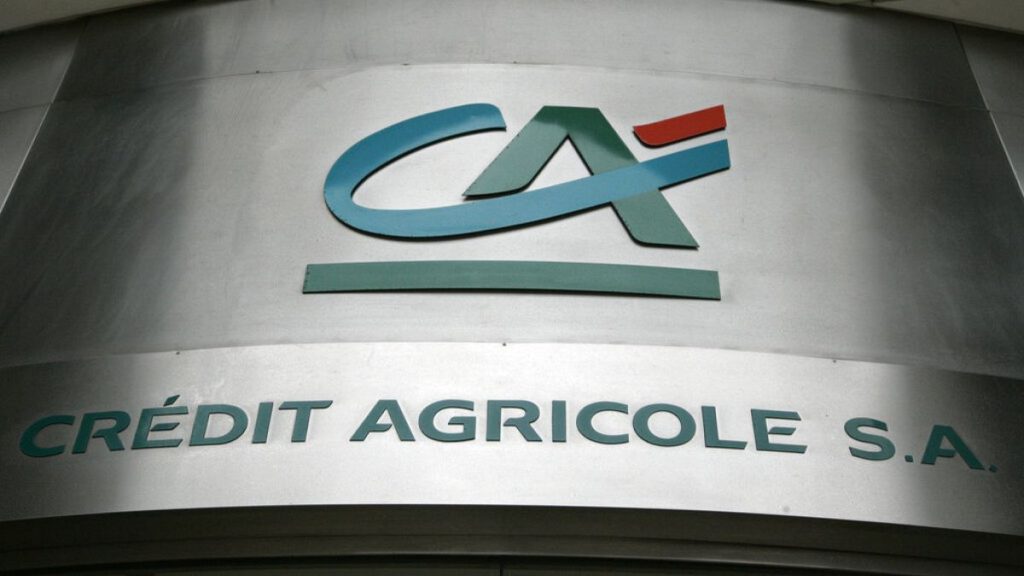European judges have rejected appeals from Credit Agricole and Credit Suisse regarding a 2021 Commission decision that found the exchange of sensitive information between traders to be an anticompetitive cartel in the secondary trading market. This decision upholds the fines imposed on these banks for colluding on price fixing of dollar-denominated bonds between 2010 and 2015. The Commission had fined Bank of America, Credit Suisse (now UBS), Credit Agricole, and granted immunity to Deutsche Bank for their involvement in the cartel. The General Court determined that the EU antitrust enforcer was correct in condemning the conduct of the four banks and analyzing its economic impact.
The cartel involving Bank of America, Credit Suisse, Credit Agricole, and Deutsche Bank took place in the secondary trading market of Suprasovereign Sovereign and Agency bonds in US Dollars within the European Economic Area. Traders from these banks, who were familiar with each other, exchanged sensitive information through chatrooms on Bloomberg terminals or by phone. This information sharing allowed them to provide updates on their trading activities and coordinate on prices shown to customers and the market. The European judges found that this behavior constituted an anticompetitive conspiracy, leading to the imposition of fines on three of the banks involved.
The decision by the European judges to uphold the Commission’s ruling is seen as a final victory for competition commissioner Margrethe Vestager, as she is preparing to step down from her role. Teresa Ribera from Spain is expected to replace her in the new executive from December. Credit Agricole and Credit Suisse had lodged an appeal, claiming that the Commission did not provide enough evidence of the antitrust violation and that their traders’ actions were not part of an overall plan to pursue anticompetitive objectives. However, the General Court ruled that the conduct of the banks, as assessed by the Commission, was accurate and justified.
Credit Agricole has taken note of the General Court’s decision, with a spokesperson for the bank stating that they are carefully considering the judgment and are assessing whether to appeal. UBS, which was formerly Credit Suisse, declined to comment on the ruling. The fines imposed on the banks for their involvement in the cartel highlight the importance of fair competition in financial markets and the EU’s commitment to enforcing antitrust rules. The exchange of sensitive information among traders for the purpose of price fixing undermines competition and harms consumers, making it crucial for regulators to address such practices.
The cartel’s collusion on price fixing of dollar-denominated bonds through internet chatrooms highlights the risks associated with unethical behavior in financial markets. This case serves as a reminder of the consequences of anticompetitive practices and the need for stringent enforcement of antitrust rules to protect market integrity. By upholding the Commission’s decision and fines, the European judges have sent a strong message to banks and financial institutions about the consequences of participating in anticompetitive behavior. This decision reaffirms the EU’s commitment to promoting fair competition and maintaining a level playing field in financial markets.
As the European Commission continues to crack down on anticompetitive practices, the ruling on Credit Agricole and Credit Suisse sets a precedent for future enforcement actions in the financial sector. By holding banks accountable for collusion and price fixing, regulators aim to deter similar behavior in the future and protect the interests of consumers and investors. The General Court’s decision underscores the importance of transparency, integrity, and fair competition in financial markets, sending a clear signal that antitrust violations will not be tolerated. As the financial industry evolves, ensuring compliance with antitrust rules remains essential to fostering a competitive and stable market environment.















